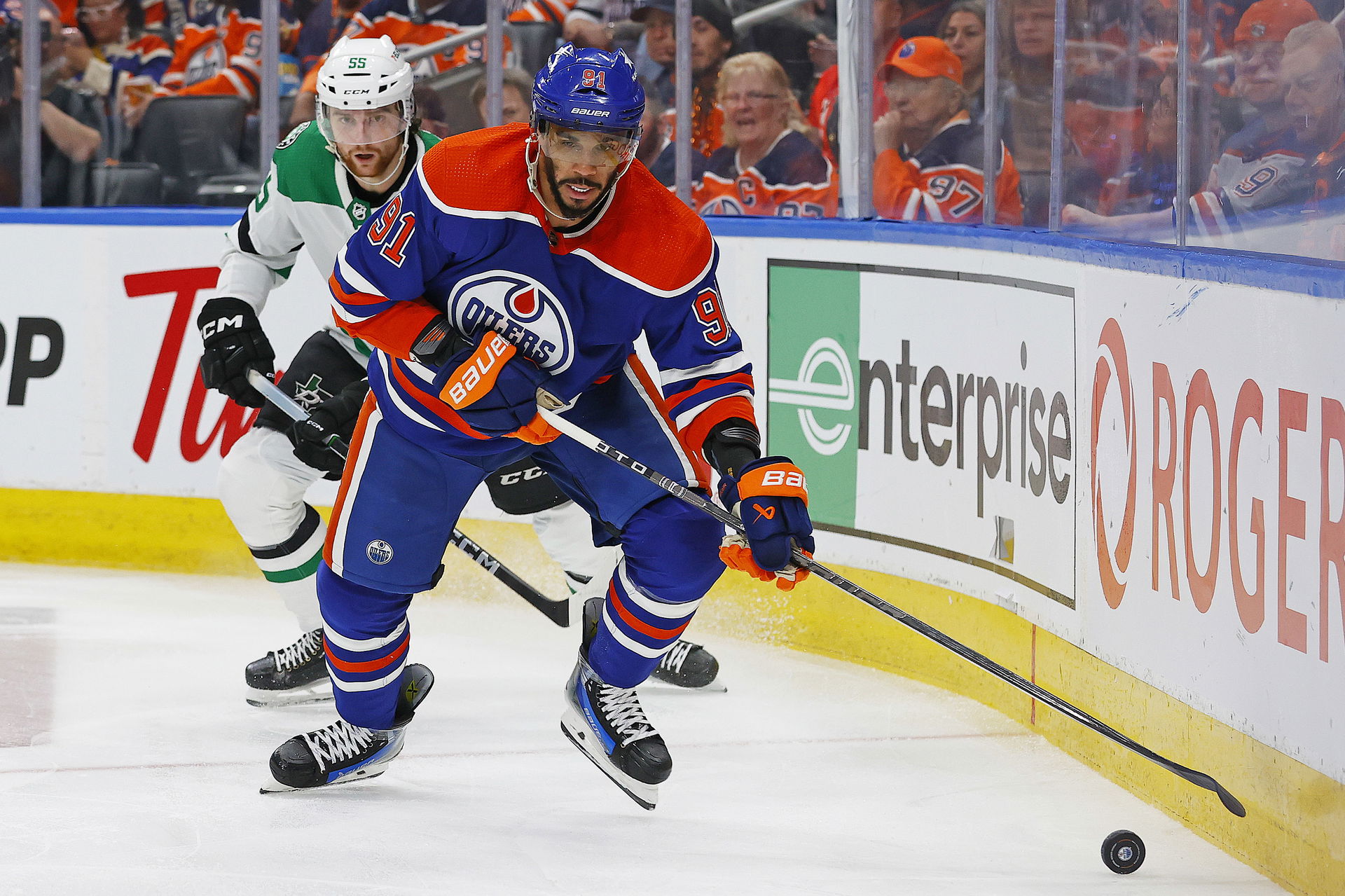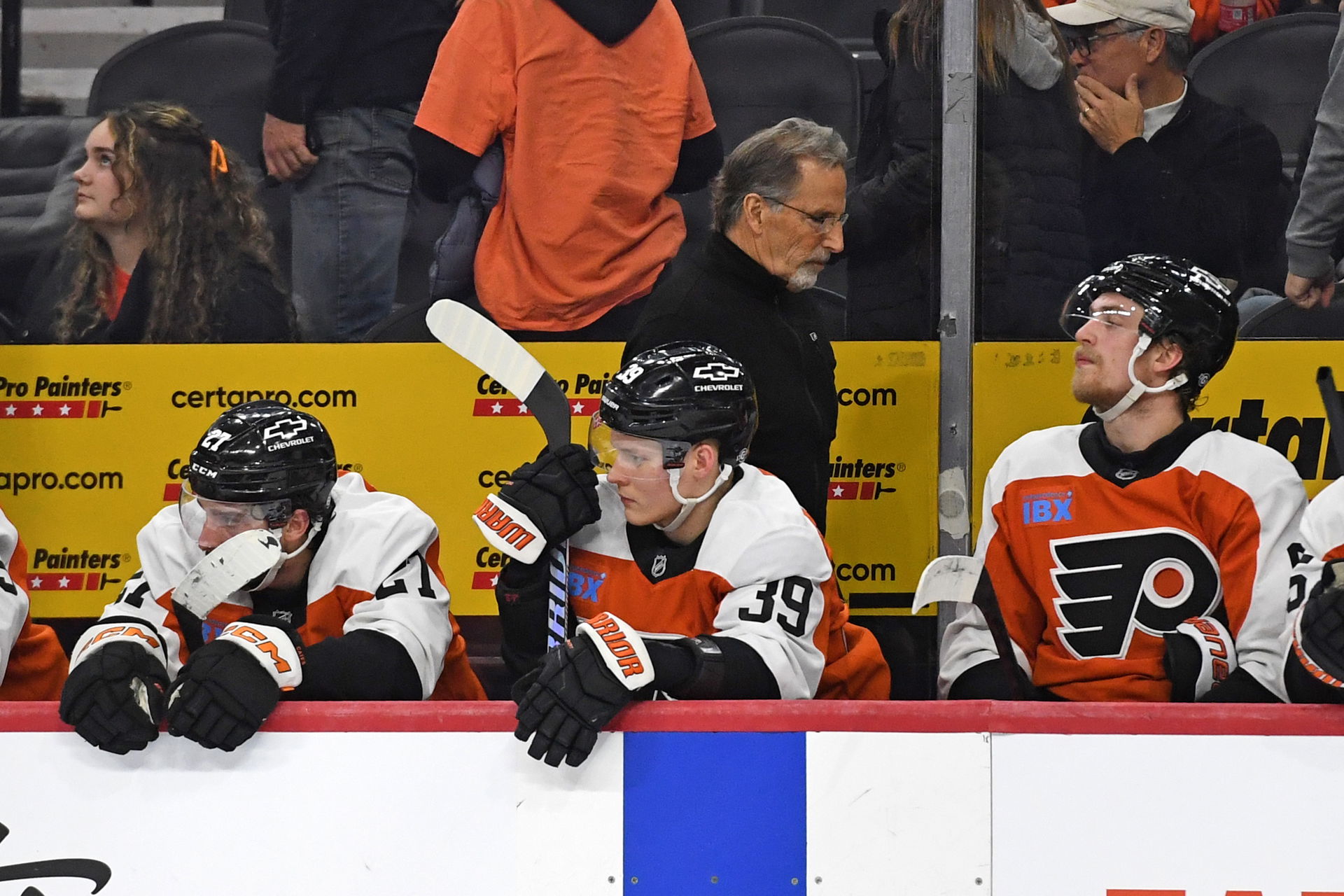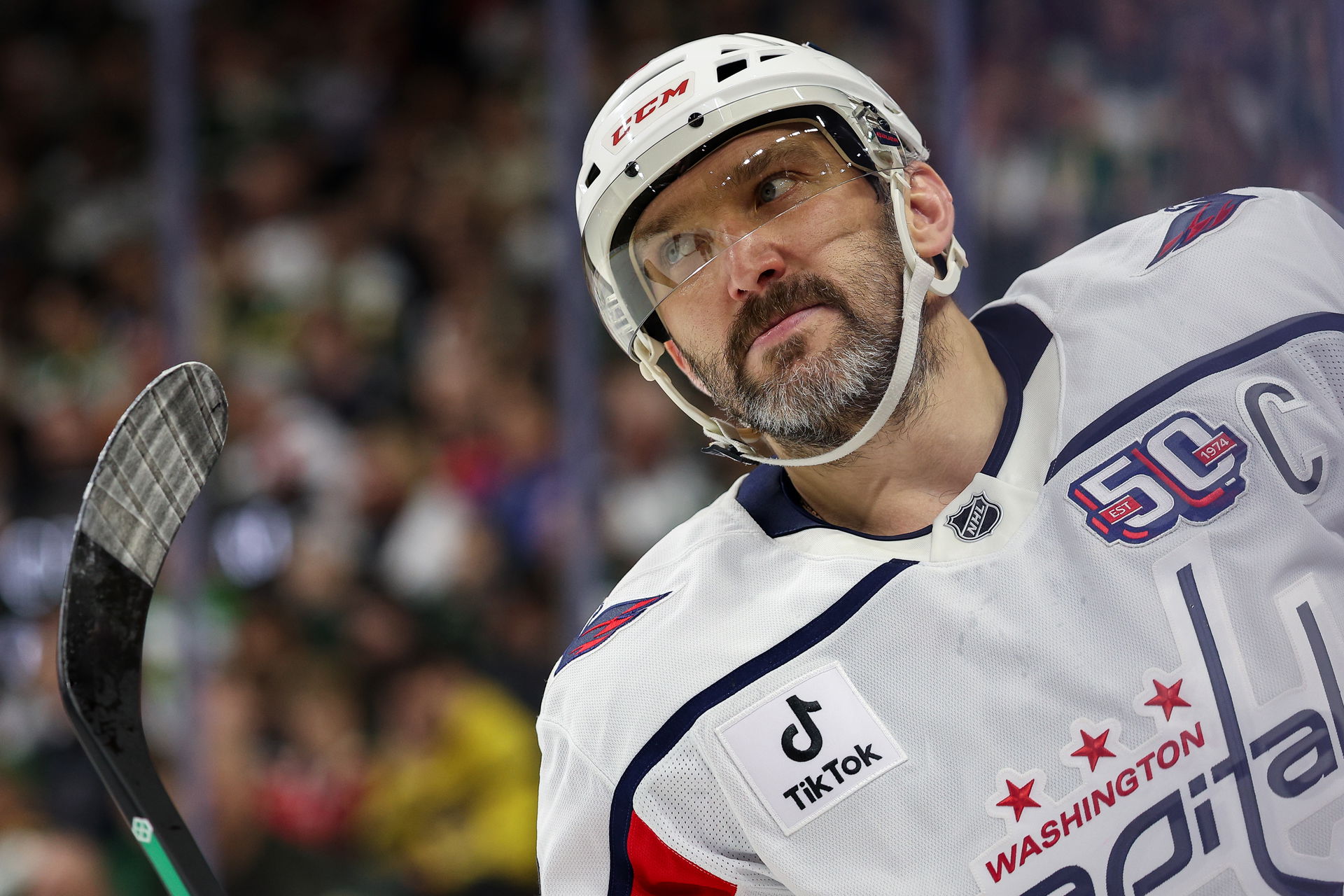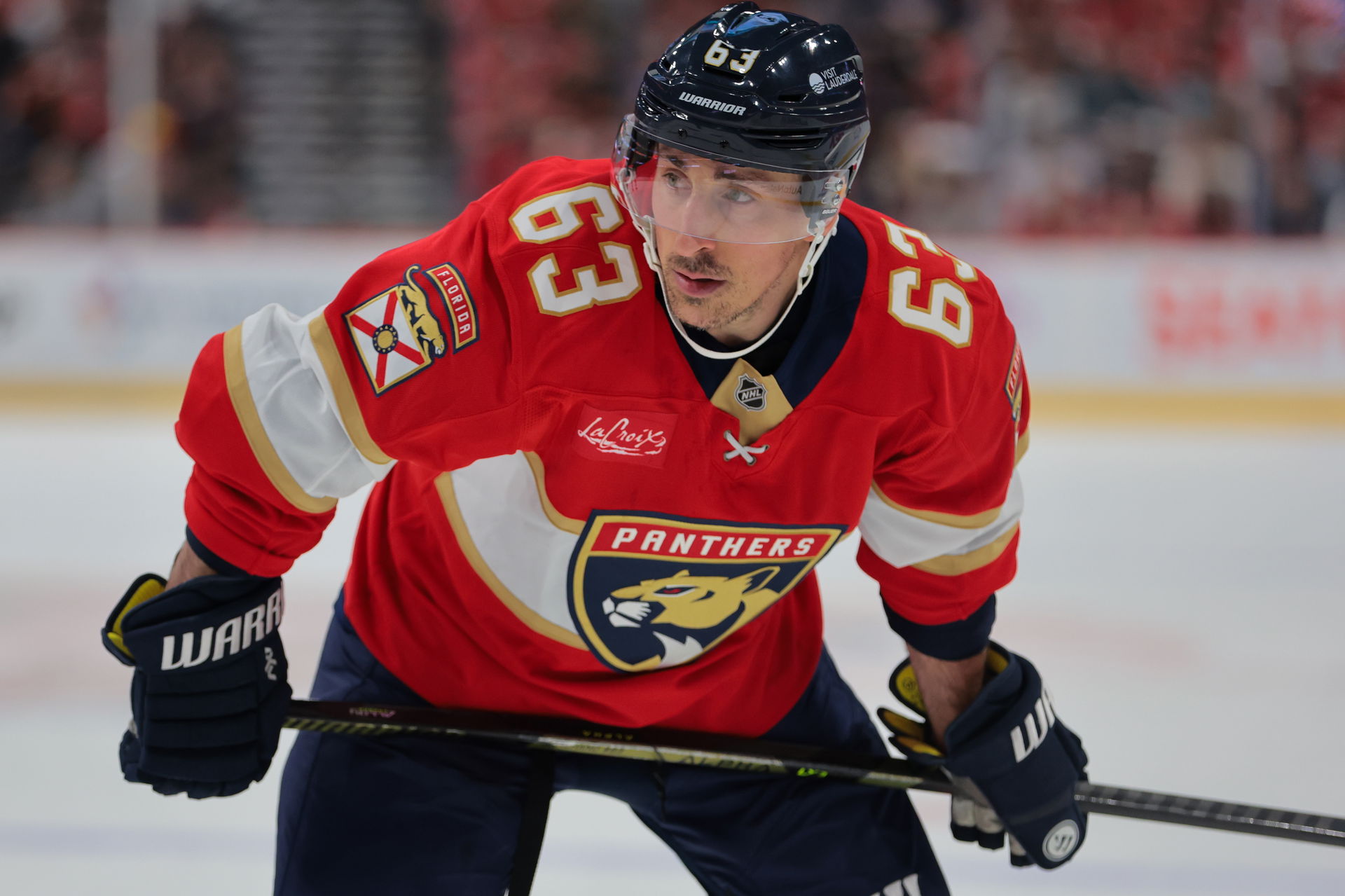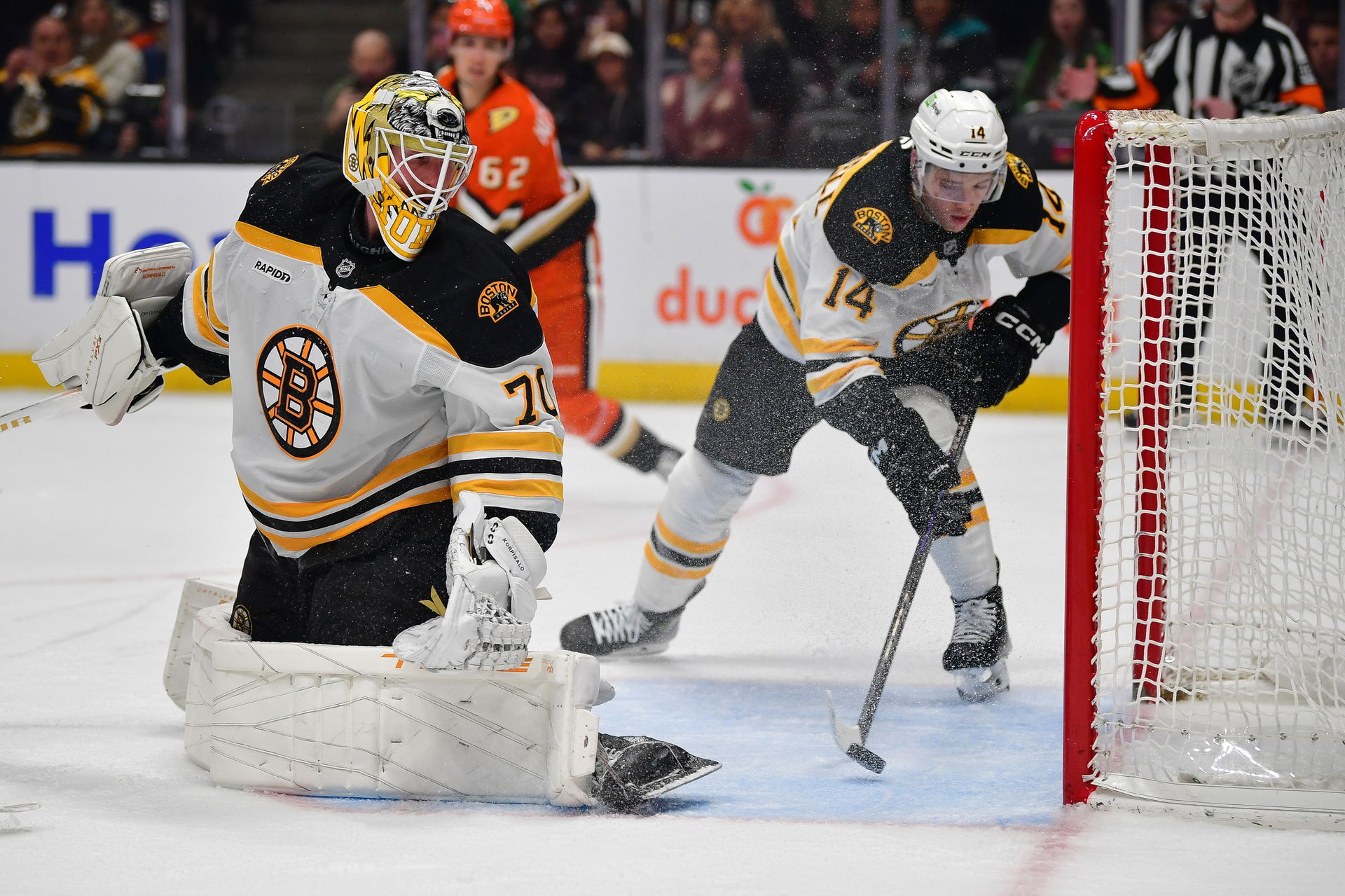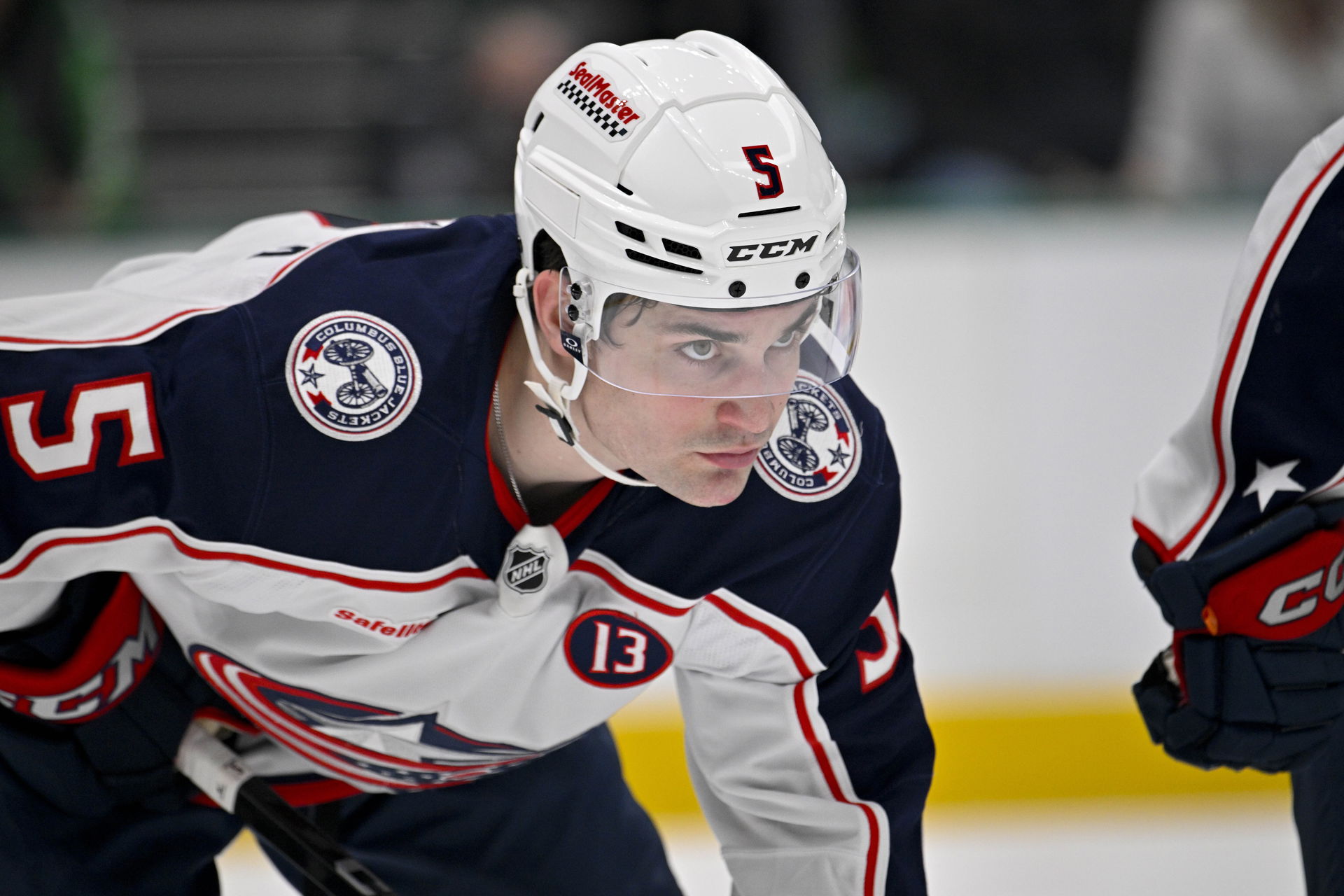
NHL's new draft lottery rules will encourage tanking. Here's why
The NHL's new draft lottery format was designed to discourage teams from tanking games in order to get a higher draft slot. That will work fine when the format kicks in full bore in 2016, but for this season, there's just way too much incentive to nail down last-place overall.
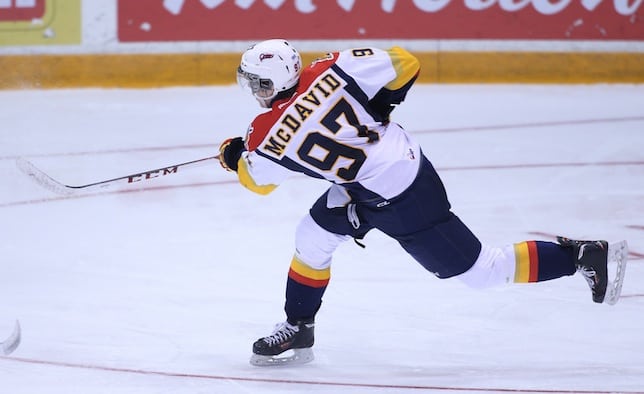 NHL's new draft lottery rules will encourage tanking. Here's why
NHL's new draft lottery rules will encourage tanking. Here's whyThe NHL’s revamping to the draft lottery format will probably backfire this year when the league’s bottom feeders make a concerted effort to sink to 30th place. There’s just too much to gain from finishing last overall.
First, some background.
In August, the league announced changes to the draft lottery to be phased in over two years. The changes for 2015 are small adjustments to the odds of winning – they’re more evenly balanced now and the last-place team has a 20 percent chance of winning rather than 25 percent under the old format.
The real change doesn’t happen until 2016 when the lottery will be used to determine the top three selections in the draft.
By not making these sweeping changes right away for 2015, the NHL inadvertently will encourage the league’s worst teams to tank it in an effort to secure 30th place. That’s because for the 2015 draft, there are two generational prospects available. Connor McDavid has been called the stud of the 2015 draft for close to three years now. He’s been incredible this season. And in the past year, Jack Eichel has emerged as a close second option to McDavid. They’re head and shoulders better than the rest of a deep draft class.
So why will a team want to tank hard this year? Under the 2015 format, the team finishing 30th has a 20 percent chance of winning the right to select first (McDavid) and an 80 percent chance of getting second pick (Eichel), because a team can only fall one slot. In other words, the last-place team has a 100 percent chance of drafting a generational player.
The 29th-place team, on the other hand, has a 13.5 percent chance of winning first pick, a 20 percent chance of selecting second (if the 30th-place team wins the lottery), and a 66.5 percent chance of falling to third pick (if another non-playoff team wins the lottery). In others words, the second to last-place team this season has a two in three chance of missing out on a generational player.
The difference between finishing 29th and 30th this season is absolutely massive – 100 percent certainty you’re getting the next NHL superstar versus 33.5 percent chance.
Had the NHL called all-in on the draft lottery change rather than phase it in over two years, there would be less incentive to tank. That’s because the bottom three teams could each slip three spots in draft order. So instead of the 30th-place team having a 100 percent chance of getting McDavid or Eichel, it would be two stabs at 20 percent apiece.
Let’s use Buffalo and Carolina as examples (but any two teams will work) seeing they’re the most likely to be at the bottom of the standings. They’ll realistically be out of playoff contention by January. As the season draws into its final months and weeks, it’s going to behoove them to tank their remaining games in order to finish in the basement. Not near the bottom, but literally in 30th place.
Don’t think “tank” in the pejorative sense. I use it here because that’s the accepted term on the street. (Gasp! Shameful! He’s endorsing tanking!). I prefer “strategic roster management.” I’ve never believed tanking is possible in team sports. There isn’t a professional coach out there who would instruct his players to purposely lose. It’s too corrosive to his reputation. Even if there was such a coach, getting buy-in from an entire group of players is improbable, if not impossible.
But I do think strategic roster management can be manufactured in a completely justifiable manner by a cagey GM. Why shouldn’t the Sabres recall third-string goalie Nathan Lieuwen for a good chunk of games down the stretch? He’s been good in the AHL and the team should want to see how he performs at the NHL level. Why shouldn’t the Hurricanes recall minor-league defense prospects Keegan Lowe and Danny Biega in March to give them an opportunity trying to shut down NHL forwards?
A big part of rebuilding a floundering team is determining what’s in the system and giving them real-life litmus tests. Clearly, the lineup that started the NHL season wasn’t good enough if they're in the conversation for last overall. In essence, the GM is gathering information to do his job, and the side benefit is losing games during a season in which the consolation prize is exceptional. What’s wrong with that?
Flashback to 1983-84 and the Pittsburgh Penguins and New Jersey Devils were far and away the two worst teams in the league. There was no draft lottery back then and both teams knew there was a generational player up for grabs in that summer’s draft. And it went to the team finishing last overall.
It’s as though the Penguins and Devils were discreetly falling over themselves trying to fall to last place. Both teams won just two of 14 games in the final month of the season. The key battle was a March 6 head-to-head game. Pittsburgh called up Vincent Tremblay from the minors for that game because backup Michel Dion was hurt. The Penguins lost 6-5 and New Jersey jumped ahead of them in the standings. Tremblay played three more games for Pittsburgh down the stretch – starter Denis Herron played the other seven – and the third-stringer had a GAA of 6.00 with a save percentage of .831.
With that sluggish finish, Pittsburgh finished in last place (38 points), then drafted Mario Lemieux first overall. The Devils, who won that important four-point game March 6, finished with 41 points and drafted Kirk Muller.
That leads us back to the 2015 draft in which two generational players are available. (A lot could change between now and June when you’re evaluating 17 and 18-year-olds, but scouts say McDavid and Eichel are in a class of their own now.) Under the NHL’s new, partially phased-in lottery format, the last-place team this season will for sure get one future superstar. The other generational star? Chances are it won’t go to the team in second-last place.
So don’t kid yourself. If an NHL bottom-feeder has a chance to sink to 30th place, there’s going to be an effort, discreet or otherwise, to make it happen. It probably won’t be as overt as the 2013-14 NBA Philadelphia 76’s, whose GM Sam Hinkie had the blessing of ownership to assemble a roster designed to lose, but it is going to happen in the NHL this season.
Brian Costello is The Hockey News’s senior editor and a regular contributor to the thn.com Post-To-Post blog. For more great profiles, news and views from the world of hockey, subscribe to The Hockey News magazine. Follow Brian Costello on Twitter at @BCostelloTHN

